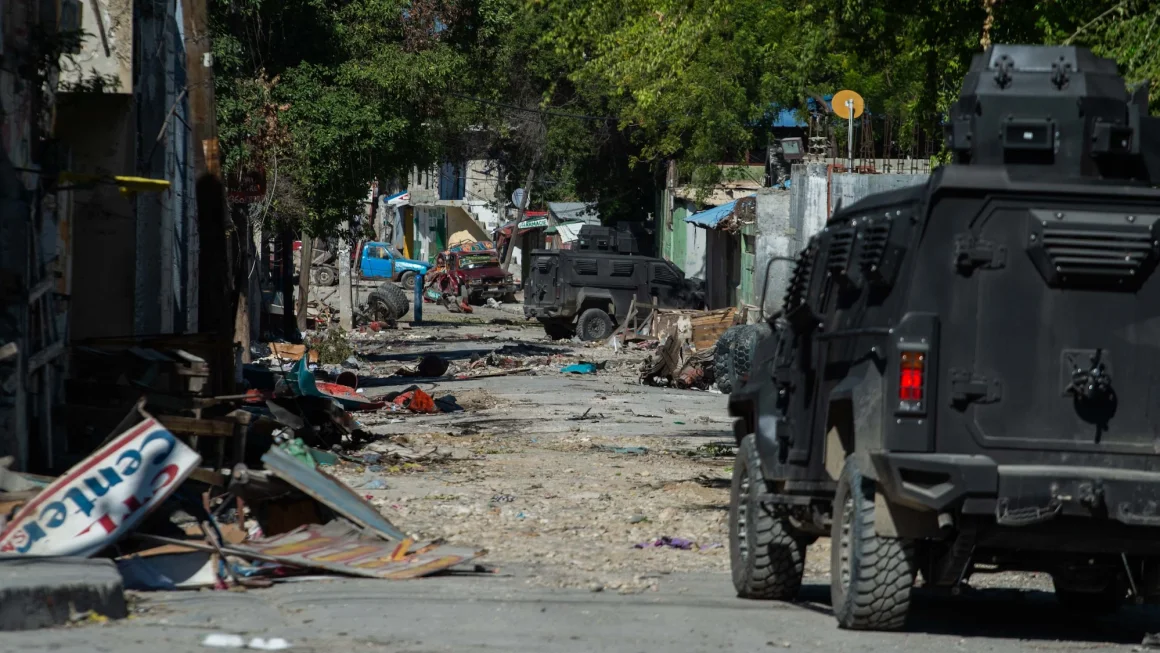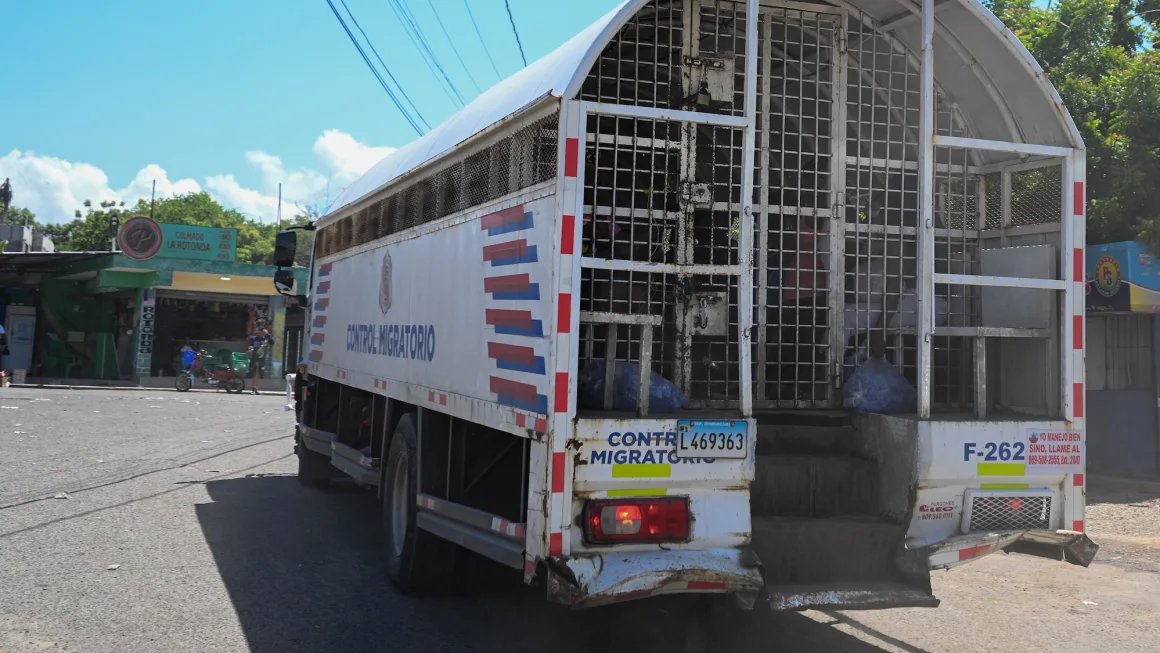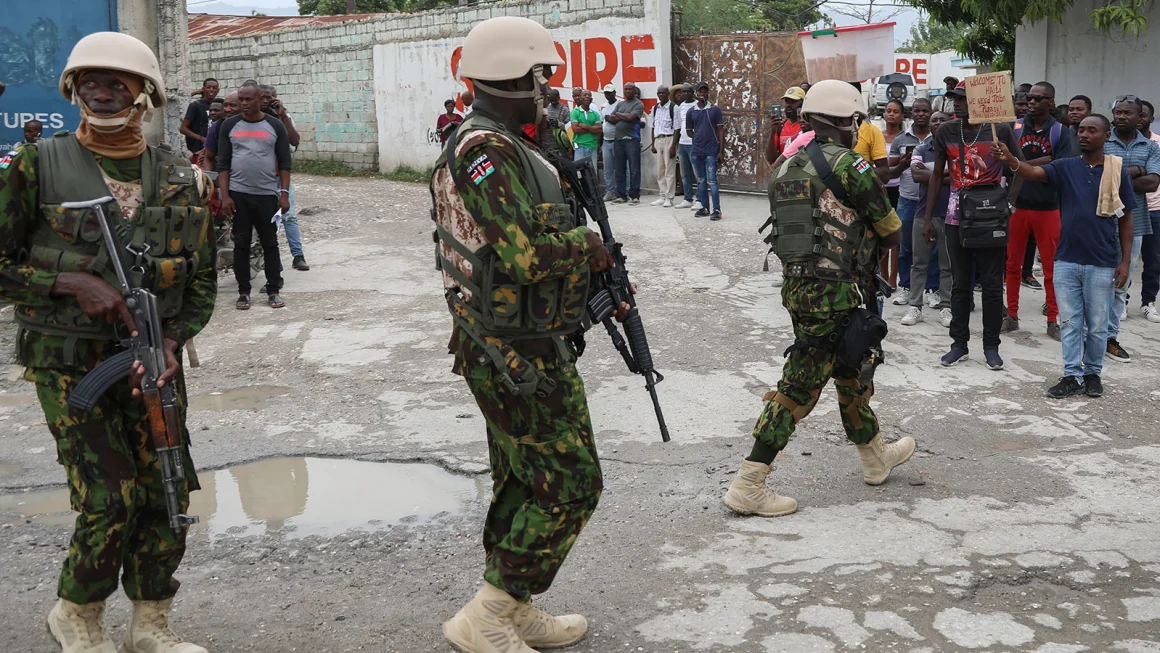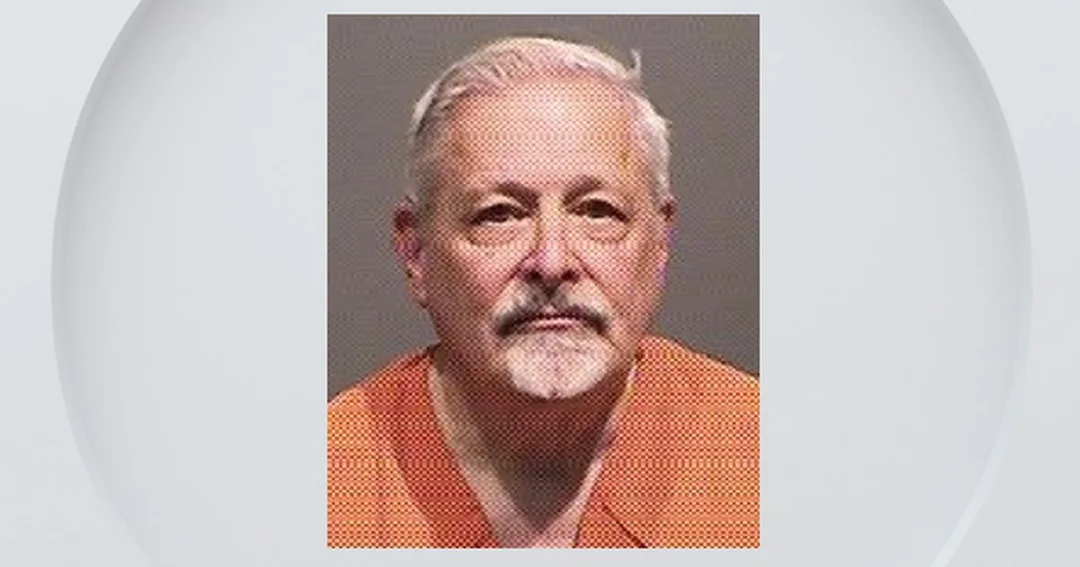
Guatemalan and Salvadorian forces arrive in Haiti to join fight against violent gangs
#News #Haiti #Guatemala #ElSalvador
A group of security forces from Guatemala and El Salvador arrived in Haiti on Friday to reinforce a multinational mission tasked with tackling the country’s rampant gang violence, the Haitian National Police announced.
The 75 Guatemalan and eight Salvadoran troops were greeted on the tarmac of the international airport in the capital, Port-au-Prince, by a host of high-ranking officials, video released by the police shows.
The officials included the leader of Haiti’s Transitional Presidential Council Leslie Voltaire, Prime Minister Alix Didier Fils-Aimé, and the United States Ambassador to Haiti Dennis Hankins.
The troops will join the foreign police force known as the Multinational Security Support (MSS) mission — a US and United Nations-backed initiative working with the Haitian police to restore security on the island amid an ongoing battle with the violent gangs.
In a statement, Normil Rameau, the acting director general of the National Police, said a “marriage” of the police with the people of Haiti remains “the most effective way to facilitate the total restoration of security and the establishment of lasting peace.”
Haiti has been ravaged by intensifying gang violence, which the government has struggled to contain in the aftermath of President Jovenel Moïse’s assassination in 2021. The island nation has also grappled with natural disasters and a worsening hunger crisis.
The UN Security Council approved the launch of the MSS in 2023 after repeated pleas for international support from Haiti’s government. The mission received the support of the United States, which offered to provide hundreds of millions of dollars in funding and resources.
However, the mission has not been without trouble. It is helmed by hundreds of Kenyan police officers, but their deployment was repeatedly delayed before eventually arriving in June last year. The officers then did not receive pay for months after their arrival.
Violence has continued to plague the country despite the mission’s presence. In November, the US civil aviation regulator grounded all flights to Haiti for weeks, after three jets from US-based airlines were struck by bullets while flying over Port-au-Prince. In a separate incident in October, gangs targeted US Embassy vehicles with gunfire, later prompting the evacuation of 20 embassy staffers.
Godfrey Otunge, the commander of the Kenyan troops in the MSS, welcomed the Guatemalan and Salvadorian soldiers on Friday while praising their partnership with the Haitian government.
“We don’t take it for granted. We have a prime minister who is also our friend,” Otunge said, according to the police video.
Read More...

Dominican Republic deported more than 276,000 Haitians in 2024
#News
The Dominican Republic deported more than 276,000 Haitians in 2024, the country’s Immigration Directorate said Wednesday.
In the last three months of the year alone, over 94,000 people were deported under a new operation aiming to remove up to 10,000 undocumented Haitians per week, ordered by the Dominican Republic’s National Security and Defense Council headed by President Luis Abinader.
Dominican authorities also deported 48,344 Haitians during the January-March quarter, 62,446 between April-June, and 71,414 from July to September, according to the statement.
Government spokesman Homero Figueroa told reporters in October that the government ramped up deportations to address an “excess” of Haitian migrants in the Dominican Republic, which shares an island with Haiti. The two countries have long seen an informal flow of people across their shared border.
Haiti’s then-Foreign Minister Dominique Dupuy condemned “brutal scenes of raids and deportations,” and demanded justice for “dehumanizing acts” against her compatriots. Dominican authorities maintain that the deportations are carried out in compliance with human rights.
In October, Reuters footage captured dozens of migrants crammed into caged Dominican Republic law enforcement trucks heading to Haiti. Aid organizations have rushed assistance to the Haitian side of the border to assist the thousands of deportees.
The mass deportations come amid a worsening political and social crisis in Haiti; gangs are estimated to control more than 80% of the country’s capital, Port-au-Prince.
Read More...

Kenyan police deployed to Haiti haven’t received full promised salary in two months
Hundreds of Kenyan police officers leading an international policing force in Haiti have not received their full pay for two months, the latest complication in what has been a rocky start to the security mission in the gang-plagued Caribbean nation.
The first Kenyan officers deployed to Haiti arrived in June, the vanguard of a multinational security support mission (MSS) that is being funded largely by the United States. There are now around 400 Kenyan police in the country, many from specialized units.
In an August 25 statement acknowledging delays to payments, the MSS announced that officers could expect the missing funds to hit their bank accounts this week.
“Therefore, there is nothing to worry about (regarding) welfare issues of the MSS officers, since mainstream processes have been finalized,” the MSS added.
In a “progress report” released Monday, Kenya’s National Police Service (NPS) said that the officers were continuing “to draw their NPS salaries” while waiting for the supplemental pay for their MSS duties.
Kenyan officers had expected to be paid a significant supplement for their Haiti deployment – a grueling assignment more typical of a military than of a police force. Officers are not allowed to leave their base in the Haitian capital Port-au-Prince during non-working hours.
Speaking to CNN, some officers expressed frustration and concern about the missing supplemental payments. With schools reopening in Kenya this week, some say they need the money urgently to manage school fees and other expenses for their families back home.
“The officers feel frustrated after not having been paid for two months. And we hear that the money has already been sent to Kenya but they haven’t paid us, so please help us out,” one officer in Haiti told CNN before the police statement was released, requesting anonymity.
The MSS force is expected to ultimately grow to 2,500, with more troops expected from Jamaica, Benin, Chad, the Bahamas, Bangladesh, Barbados and Belize. The force is hoped to bolster the Haitian National Police’s battles against an alliance of gangs that controls an estimated 85% of the Port-au-Prince metropolitan area.
Around 600,000 Haitians have been forced to flee their homes due to gang violence, and some 2 million people live in gang-ravaged areas where fear of attack is constant, Haitian interim Prime Minister Garry Conille said in an interview with CNN in early August.
The MSS is financed through a UN-managed trust fund, to which the US, Canada, France and Spain have contributed millions of dollars. The United States has committed at least $380 million overall in support of the mission, largely in the form of equipment and materiel.
Read More...

Typer.me App Now Available on the Play Store!
Typer.me is now on the Play Store! Download the app today and start connecting with others in a whole new way. Whether you’re sharing ideas, organizing content, or exploring trending topics, Typer.me gives you the tools to stay engaged. Install now and join our growing community! Read More...
